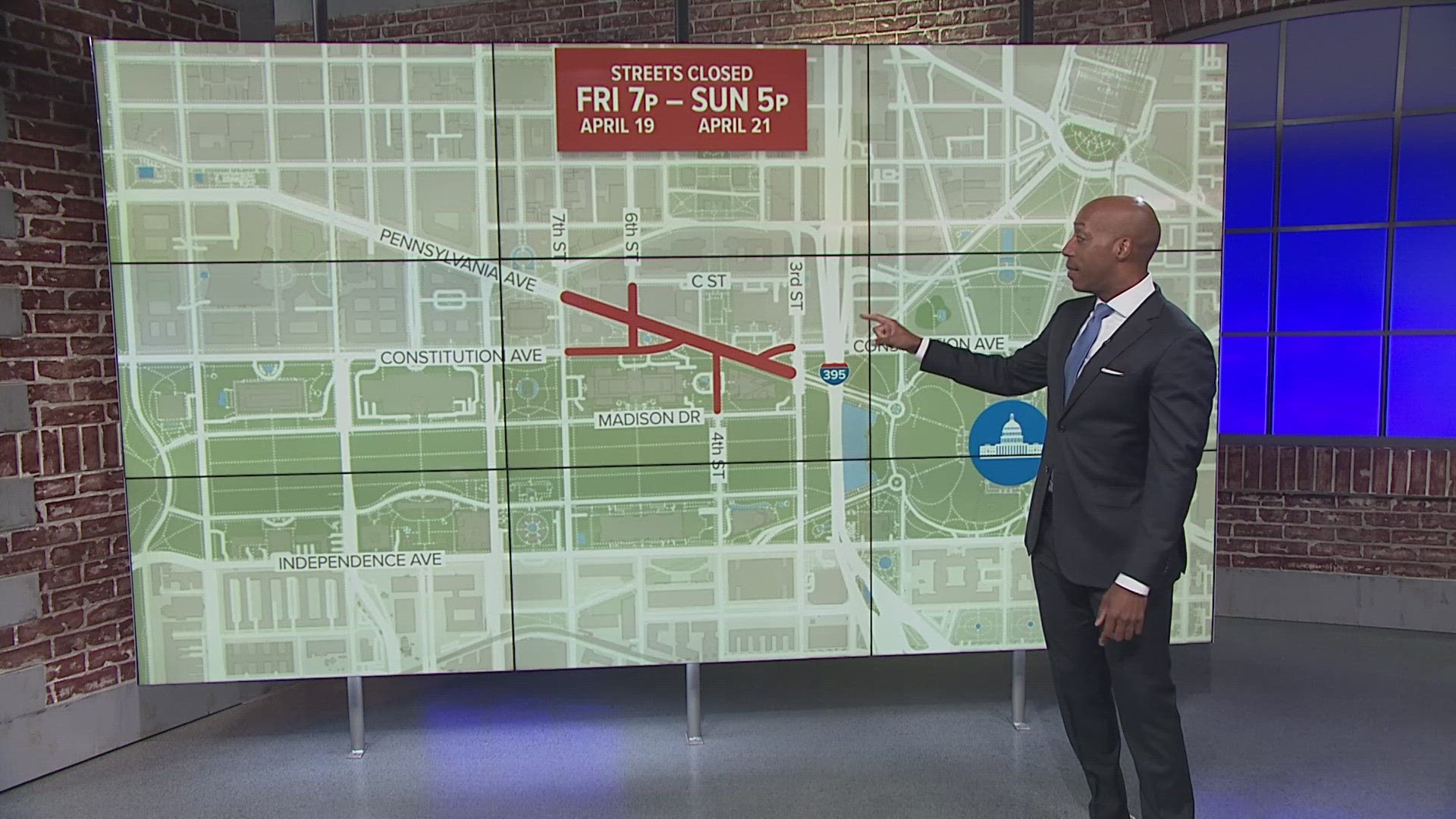WASHINGTON -- Initiative 77, which affects tipped workers, passed in D.C. in June and is beginning to take effect across the city. Tipped workers will now get paid the minimum wage. This has led to a lot of questions by D.C, residents. In particular, now what?
What is Initiative 77?
The initiative requires restaurants to pay their tipped workers minimum wage. Before the bill, tipped workers in D.C. were getting paid $3.33 an hour with the expectation that their tips would make up for it. If they didn’t earn the equivalent of $12.50 an hour during a shift, their employer would pay the difference.
Now, with the bill’s passage, minimum wage for tipped workers will gradually increase to minimum wage in D.C.
So, do I still tip?
Yes, because the bill isn’t going into effect overnight. In fact, tipped workers aren’t expected to be paid minimum wage until 2026. Only recently did their wages increase a slight amount – on July 1, tipped workers’ minimum wage rose to $3.89.
Why so slow?
Because the initiative is on-schedule to take effect with D.C.’s Fair Shot Minimum Wage Act of 2016. That Act is slowly raising minimum wage in D.C. to $15 an hour. Minimum wage is expected to be $15 for non-tipped workers by 2020 and then will adjust for inflation after that. The most recent increase was on July 1 when minimum wage rose to $13.50 an hour from $12.50 an hour.
RELATED: DC minimum wage rises on July 1
Who voted for it?
Most of the D.C. wards voted YES on the initiative – which means they voted to pay tipped workers minimum wage. Ward 3 was the only Ward to vote NO, but only by a slim margin, according to the D.C. Board of Elections. Ward 7 and 8 voted overwhelming YES, with over 60% voting for the initiative.
How do people feel about it?
The bill caused some divides. Proponents of the bill said it would close the gap between underpaid workers and would benefit women, people of color and immigrant workers the most. It'll also affect tipped workers who aren't necessarily front-of-house.
Meanwhile, opponents said that it may contribute to shrinking staffs by restaurants as well as cause customers not to tip as well.



